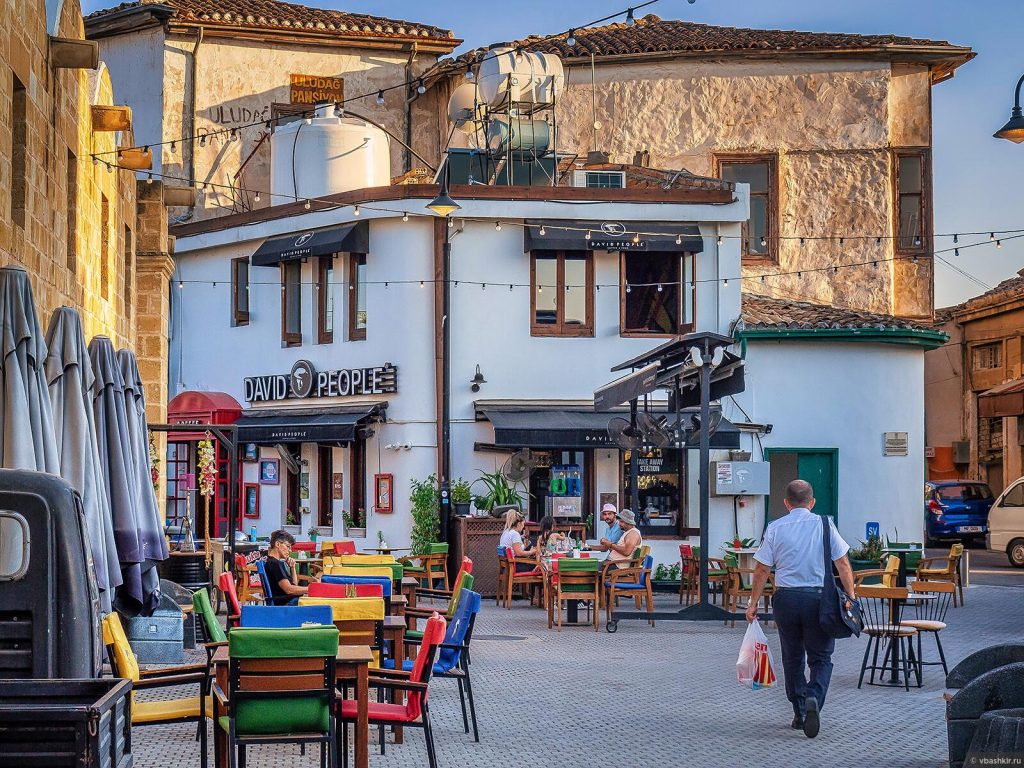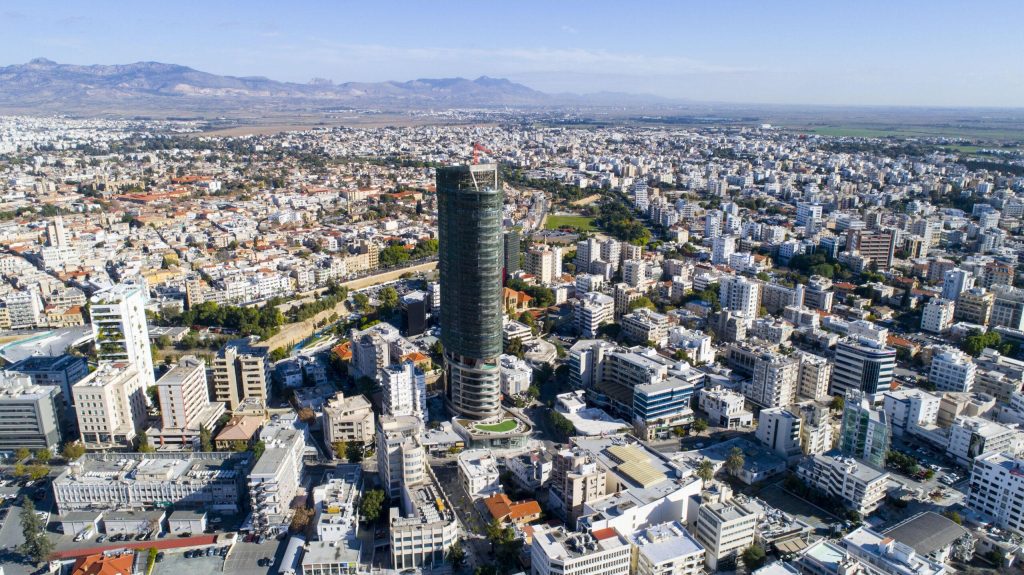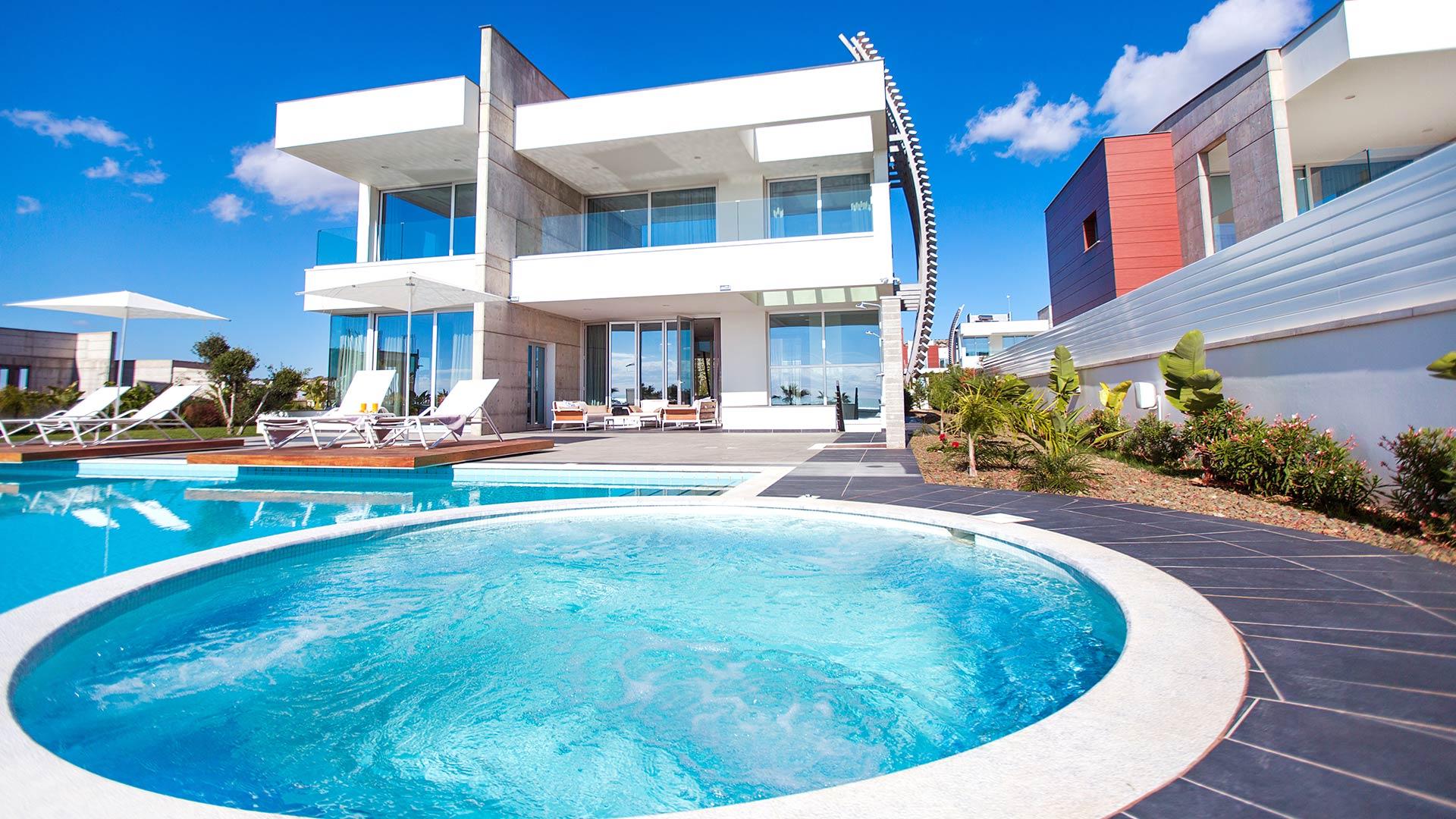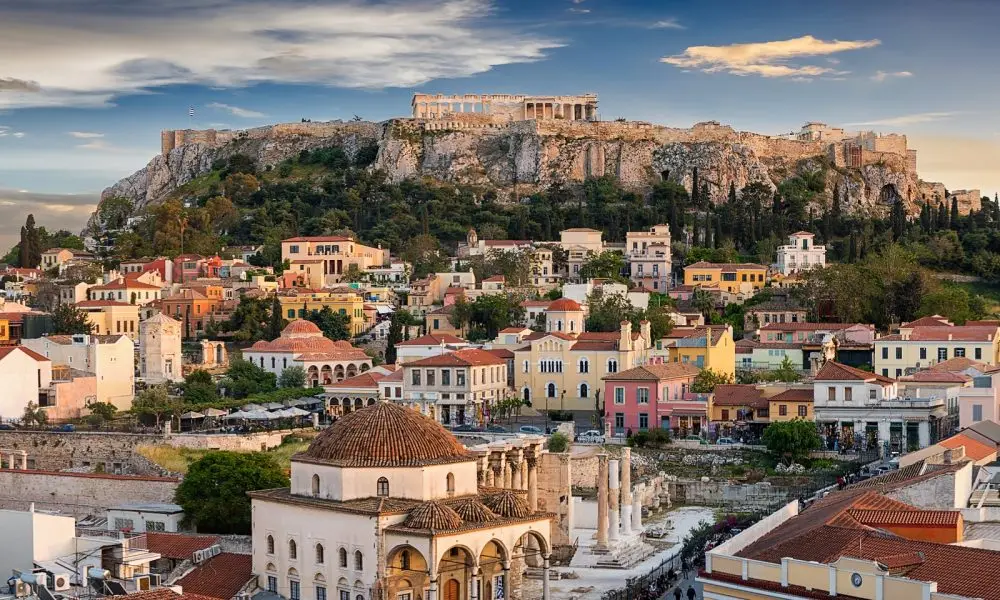Cyprus is invariably associated with sun, sea and the Mediterranean lifestyle – that’s where conversations about the island usually begin. But when it comes to such a big step as emigration, emotions and beautiful views give way to rational analysis. Choosing a new home is based on specific factors: economic opportunities, infrastructure, quality of life and long-term prospects. The best Cypriot cities to relocate to stand out because they successfully combine an attractive lifestyle with these pragmatic advantages.
Limassol: property is an engine, not a ballast
Limassol has long since moved beyond the confines of a seaside resort. It has moved into the league of cities with integrated investment architecture. There is a port, IT hubs, international schools, British lawyers, a billion-euro marina, and Monaco-like neighbourhoods. The city doesn’t live by the sea – it makes money from it.
The average cost of property in Cyprus in Limassol – 3000 €/m² in new buildings. One-bedroom apartments rent from €1000 per month. The infrastructure supports the needs of expats: private clinics, international supermarkets, English-speaking schools and business incubators. An intersection point for EU, Israeli and CIS business interests. Limassol most often tops the rankings as one of the best cities in Cyprus to relocate to. Suitable for entrepreneurs and specialists in digital industries.
Nicosia: a contrast where logic triumphs over romance
 The cities of Cyprus for Cohabitation are not necessarily by the sea. Nicosia is the inland capital. Without beaches, but with main authorities, banks, universities and business centres. It integrates the Greek and Turkish parts – economically and logistically. Human resources, contracts, consultancy are concentrated here.
The cities of Cyprus for Cohabitation are not necessarily by the sea. Nicosia is the inland capital. Without beaches, but with main authorities, banks, universities and business centres. It integrates the Greek and Turkish parts – economically and logistically. Human resources, contracts, consultancy are concentrated here.

Moving to Cyprus with a career in mind often leads to Nicosia. Programmers, lawyers and finance specialists receive here offers above the market average. Salaries from 2000 € per month for qualified workers are no longer a rarity. The infrastructure is large-scale: dozens of business centres, courts, universities and state institutions.
Nicosia is a special case where the best cities in Cyprus for relocation include a place without a beach but with maximum functionality.
Larnaca: stability without pathos
A city without sharp media glitz, but with a clear logic for life. There’s an airport, a business park, embankment reconstruction and the largest port development project. The number of expats has grown by 20% in the last 5 years. There is an atmosphere of predictable comfort here.
Property in Cyprus in Larnaca costs on average 1900-2200 €/m². Rent from 600 € for modest flats. The city offers good value for money and convenience. Schools, shops, hospitals are within walking distance. Road and traffic loads are less than in Limassol and Nicosia.
The best cities in Cyprus to relocate to include Larnaca. It is the best choice for families, young professionals and those who choose sustainability over hype.
Paphos: archaeology, tourism and a comfortable rhythm
A city with a history of 3000 years. Archaeological parks here are adjacent to residential complexes, and beaches – to developed medical clinics. The tourist, medical and pension sector is actively developing here. The crime rate is the lowest on the island.
The climate is mild Mediterranean: in summer – no higher than +32 °C, in winter – from +12 to +18 °C. The infrastructure supports year-round life, not just seasonal tourism. Property – from 1600 €/m². Suitable for older expats, creative professionals and freelancers.
Paphos is listed as one of the best towns on the island due to its history, safety and affordable cost of living in a stable environment.
Ayia Napa: seasonal but with potential
A city with a dual nature. In summer – a noisy resort with clubs and crowds of tourists. In winter it is a quiet place with empty beaches and a measured life. It is not suitable for everyone, but it attracts investors. Here – high yields from short-term rentals. Buying a property – from 1800 €/m², with a profit of 6-8% per annum. It is actively rebuilding the model – from tourism to year-round life. International schools are being developed, roads are being improved, and new residential clusters are being created. Over the last three years, construction volumes have increased by 27%.

Ayia Napa is an unconventional candidate in the list of the best cities in Cyprus to move to. It is this unconventionality that makes it attractive to investors and early movers.
How to choose among the best cities in Cyprus to relocate to
Choosing a place to live or invest requires a systematic approach. Each city on the island offers a specific set of advantages for permanent residence. But the decision point depends on specific factors: prices, infrastructure, jobs, neighbourhood.
Criteria for choosing a city for permanent residence in Cyprus:
- Cost of living. Nicosia – minimum rental costs: from 500 €. Ayia Napa – seasonal price hikes. Limassol – the highest: rent and groceries are more expensive by 25-30% compared to other regions. Paphos and Larnaca keep the balance – about 750-900 € per month per person.
- Infrastructure. Limassol leads in the number of private clinics, fitness centres, educational institutions. Nicosia has the largest number of state institutions and business centres. Larnaca offers convenient logistics with a central airport, reducing costs and saving time.
- Work and employment. The IT sector is concentrated in Limassol and Nicosia. Pharmaceuticals and finance are developing in Nicosia. Tourism is the dominant industry in Ayia Napa and Paphos. Logistics, maritime transport and restaurant business are actively developing in Larnaca.
- Education. Nicosia has campuses of the University of Cyprus and the European University. British schools and colleges operate in Limassol. International schools in Larnaca and Paphos attract families with children.
- Beaches and climate. The coasts of Ayia Napa are consistently in the top 10 in Europe in terms of cleanliness. In Larnaca the beaches are gentle and convenient for children. Paphos offers locations with pebbles and rocks. The climate is mild throughout the island, but in the Troodos Mountains the temperature drops to +5°C in winter. Comfortable for those who cannot stand the heat.
- Expats and the neighbourhood. Limassol has over 50,000 registered foreigners – the largest community on the island. Paphos is predominantly British. Larnaca attracts Russians, Armenians and Ukrainians. Nicosia remains orientated towards career migrants.
Moving to Cyprus: figures, risks and arguments
Changing country no longer looks like an escape to the sea – it’s a conscious choice based on numbers. In 2023, property prices increased by 6.4%, especially in Limassol and Larnaca. Cities with stable economies – Limassol, Nicosia, Larnaca – show minimal risks.
Living expenses start from 1200 € per month for one. A family of three will need 2500-3000 €. In Cyprus, housing is available through the investment programme of residence permit from 300 000 € in new buildings or for rent with the right to buy. When choosing a city to move to, it is important to consider not only comfort but also everyday amenities. Access to schools, proximity to the airport, availability of clinics and year-round infrastructure.
The best cities in Cyprus to relocate to: conclusions
 The list of the best cities in Cyprus to move to does not exist in a vacuum. It is alive and depends on the objectives: work, children, sea, investments. One person will be suited to Nicosia with its business pace and connections. Another – Paphos with its leisurely pace, medicine and views of the cliffs. Limassol will give scope and earnings, Larnaca – stability and logistics. Ayia Napa – niche profitability and non-standard rhythm. Cities of the island for permanent residence is not a matter of taste. It is a choice of strategy. And the winner is the one who counts in figures, not in dreams.
The list of the best cities in Cyprus to move to does not exist in a vacuum. It is alive and depends on the objectives: work, children, sea, investments. One person will be suited to Nicosia with its business pace and connections. Another – Paphos with its leisurely pace, medicine and views of the cliffs. Limassol will give scope and earnings, Larnaca – stability and logistics. Ayia Napa – niche profitability and non-standard rhythm. Cities of the island for permanent residence is not a matter of taste. It is a choice of strategy. And the winner is the one who counts in figures, not in dreams.
 en
en  de
de  ar
ar  es
es  nl
nl  hi
hi  fr
fr  it
it  pt
pt  el
el 









